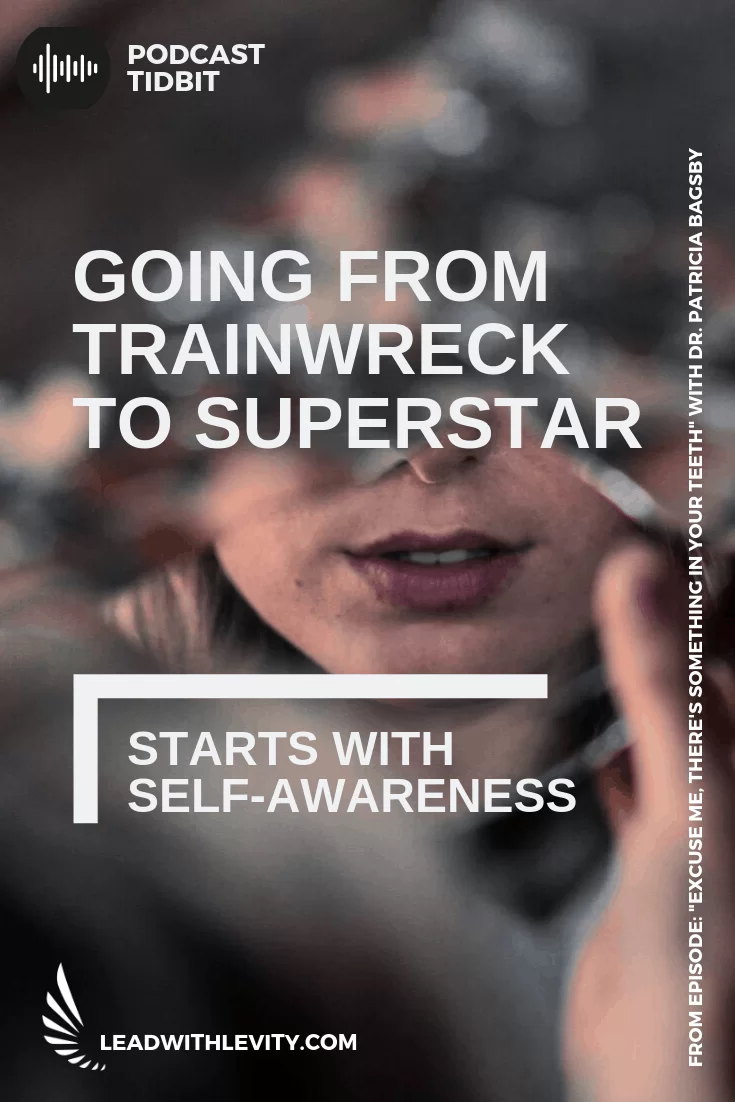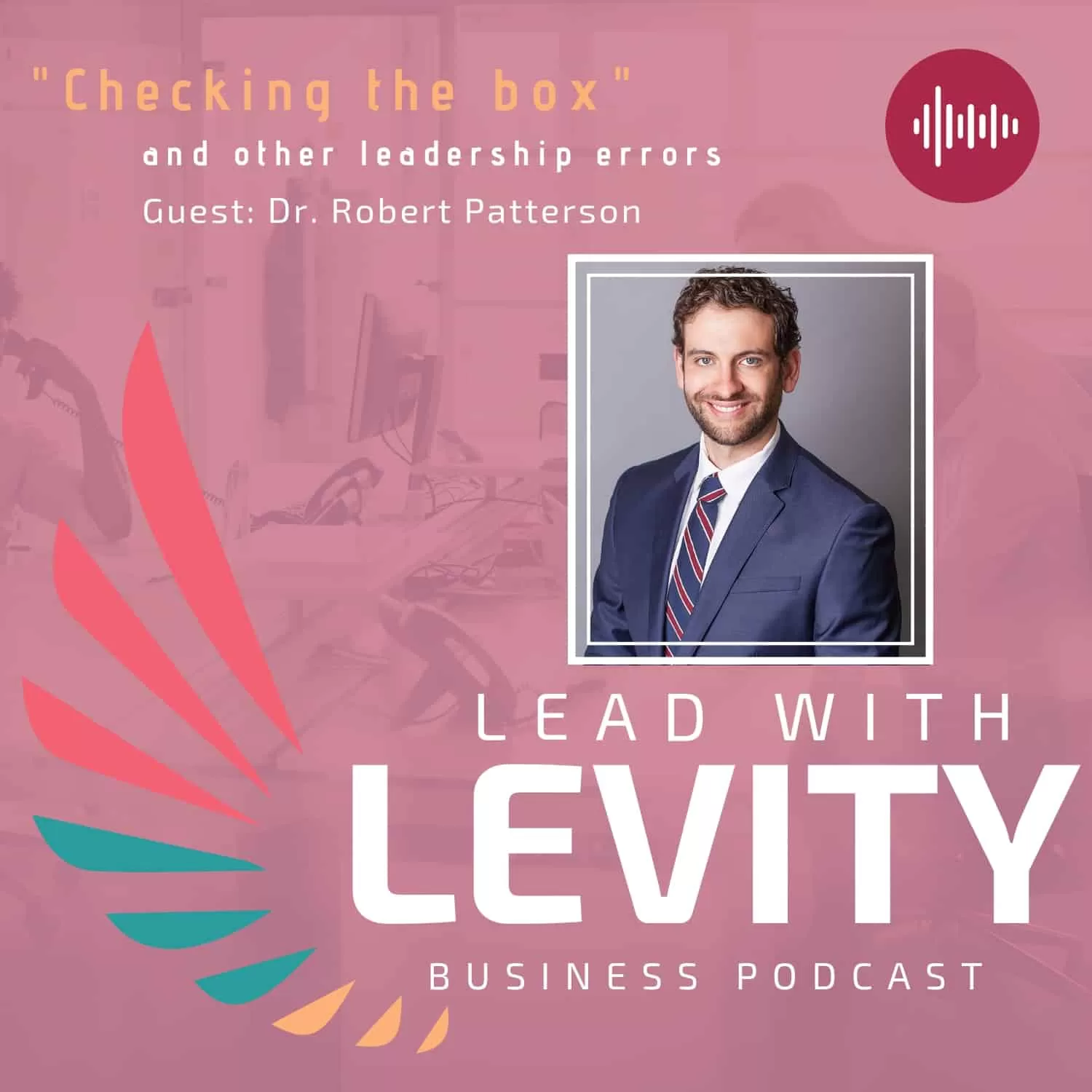When you’re on the journey to your own personal pursuit of happiness or trying to get things done at work or trying to resolve conflict, some obstacles are naturally going to be in your way.
Sometimes those obstacles are circumstance or they could also be other people.
Sometimes those obstacles are even closer to home or sometimes they’re within us even. They have the ability to start drama in any event, no matter where those obstacles are. We need to resolve conflict fast. We can only take too much before we get overwhelmed.
Marlene Chism, a LinkedIn Learning expert, talks on the best way to resolve conflict and stop drama so that you can get back to getting things done.
In this episode, we cover:
- What is a drama triangle?
- Workplace Drama: How to define and identify it
- Overcoming employee resistance to change in the workplace
- The difference between a care-fronting vs. confronting strategy
- How to expand our conflict capacity
- How to resolve conflict through courageous conversations
- Why is conflict not the problem in the workplace?
- Working with high-conflict people


In the latest episode of the Lead with Levity podcast, Dr. Heather Walker dives deep into the often-overlooked yet critical topic of workplace conflict. Joining her is Marlene Chisholm, a consultant, speaker, and author of From Conflict to Courage and Stop Workplace Drama. Together, they unpack strategies for navigating difficult conversations, breaking free from the drama triangle, and fostering healthier, more productive workplace relationships.
What is Workplace Drama?
Marlene defines drama as any obstacle to peace or prosperity. It’s not limited to the stereotypical gossip or heated arguments—it can also include internal conflicts and unspoken tensions that derail productivity and relationships.
“Drama is often about resistance—resistance to a situation, a person, or even yourself,” Marlene explains. It’s the barriers we create in our minds or actions that prevent progress, collaboration, and resolution.
The Drama Triangle
Developed by Dr. Stephen Karpman, the Drama Triangle outlines three dysfunctional roles people often take in conflict:
- Victim – “This is happening to me.”
- Persecutor – “This is your fault.”
- Rescuer – “I need to save you.”
Marlene emphasizes that drama can’t exist without participation. By recognizing and stepping out of these roles, we can break the cycle of conflict and adopt a more empowered mindset.
How to Step Out of the Drama Triangle
- Recognize Your Role
- Are you taking on too much responsibility as a rescuer?
- Are you blaming others or feeling powerless?
- Reframe the Situation
- Instead of focusing on what others need to change, ask yourself, “What can I do differently?”
- Expand Your Conflict Capacity
- Develop the strength to handle difficult conversations with courage and composure.
- Focus on the opportunity for growth rather than the obstacle.
Key Strategies for Navigating Conflict
- Shift Your Mindset
- Approach conversations with the intention to care, not confront.
- Acknowledge your own biases and narratives before addressing the other person.
- Get Curious
- Replace assumptions with genuine curiosity.
- Ask open-ended questions like, “Can you help me understand what’s going on?”
- Clarify Your Intentions
- Enter conversations with a clear purpose.
- “If you don’t know your intention before a conversation, you’ll know it afterward,” Marlene warns.
- Focus on Empowerment
- See others as capable of growth and change.
- Offer support without taking on their responsibilities.
Practical Tips for Difficult Conversations
- Use Observations, Not Accusations: Share facts, not judgments, to avoid defensiveness.
- Check In Regularly: Simple phrases like “Are we okay?” can prevent small issues from escalating.
- Address Resistance: Understand and manage your own resistance to others’ resistance.
- Avoid Ghosting: Whether it’s ending a professional relationship or giving feedback, honesty and closure show respect.
Closing the Loop
To rebuild trust and address unresolved issues, Marlene suggests:
- Scheduling a check-in conversation to acknowledge tensions or gaps in communication.
- Focusing on what you can do to improve the relationship.
Final Thoughts from Marlene
Conflict is not the problem; it’s the mismanagement of conflict that leads to issues. By approaching challenges with courage, clarity, and care, leaders can transform tense situations into opportunities for growth.
About Marlene Chism
High level leaders seek Marlene’s expertise as a thought partner, advisor or coach when going through periods of transition or change. Organizations seek Marlene’s leadership development courses to teach mid-level and senior leaders the strategic communication skills to initiate conversations that get results and increase accountability.
She’s the author of four books, including Stop Workplace Drama; No-Drama Leadership; 7 Ways to Stop Drama in Your Healthcare Practice, and From Conflict to Courage: How to Stop Avoiding and Start Leading.
Marlene is an expert on the LinkedIn Learning platform offering courses in Anger Management; Difficult Conversations; Difficult Conversations for Managers, and Working with High Conflict People as a Manager.
Marlene has a degree in Communications from Drury University and a master’s degree in Human Resources Development from Webster University. She’s an advanced practitioner in Narrative Coaching.









